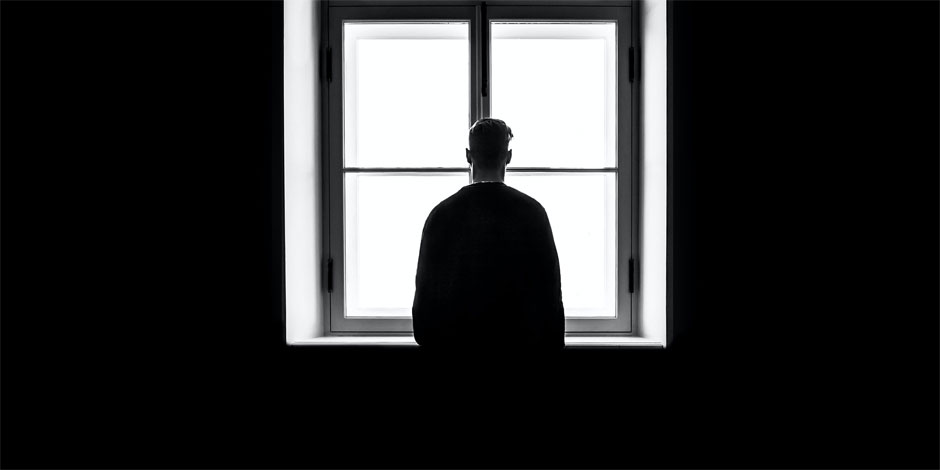It's not uncommon for siblings to be very different from one another. While siblings often share a common upbringing and family environment, they are still individuals with their own unique personalities, interests, and values. These differences can be a source of both tension and appreciation within a family, and it's natural for siblings to wonder how and why they are so different from one another.
There are many factors that can contribute to differences between siblings. Some of these differences may be due to genetics, as siblings can inherit different traits and characteristics from their parents. Environmental factors, such as the order in which siblings are born and the individual experiences they have, can also play a role in shaping their differences.
It's important to remember that differences between siblings are not necessarily a bad thing. In fact, these differences can enrich a family and provide opportunities for siblings to learn from and support one another. It's also important to recognize that no one person is "better" than another because of their differences.
If you're struggling to understand why you and your sibling are so different, here are a few things to consider:
Genetics: As mentioned, genetics play a role in shaping our personalities and characteristics. While siblings share some of the same DNA, they may also inherit different genes from their parents. This can result in differences in physical appearance, personality, and even cognitive abilities.
Environmental factors: Siblings may also be influenced by different environmental factors, such as the order in which they were born, the experiences they had during childhood and adolescence, and the individual attention and support they received from their parents. These factors can all contribute to the development of different personality traits and characteristics.
Individual experiences: As siblings grow and develop, they may have different experiences and exposures that shape their personalities and interests. For example, one sibling may be involved in sports or music, while another may be more interested in art or academics. These individual experiences can lead to differences in the way siblings see the world and interact with others.
Personal choices: As siblings get older, they may make different choices that contribute to their differences. For example, one sibling may choose to attend college, while another may choose to start a family or pursue a different career path. These personal choices can shape a person's interests, values, and outlook on life.
If you're struggling to understand why you and your sibling are so different, it's important to remember that these differences are a normal and natural part of being siblings. It's okay to have different interests and values, and it's important to respect and appreciate one another for who you are.
At the same time, it's also important to recognize that differences between siblings can sometimes lead to conflict. And that's ok too. We are all our own unique creation, and our path through this life defines who we are.
Be proud of you and don't live under the shadow of thoughts and aggressions between you and your sibling. Life is much more fulfilling if you look to the future and forge your own path, using past interactions, to reinforce a better plan for better outcomes.




